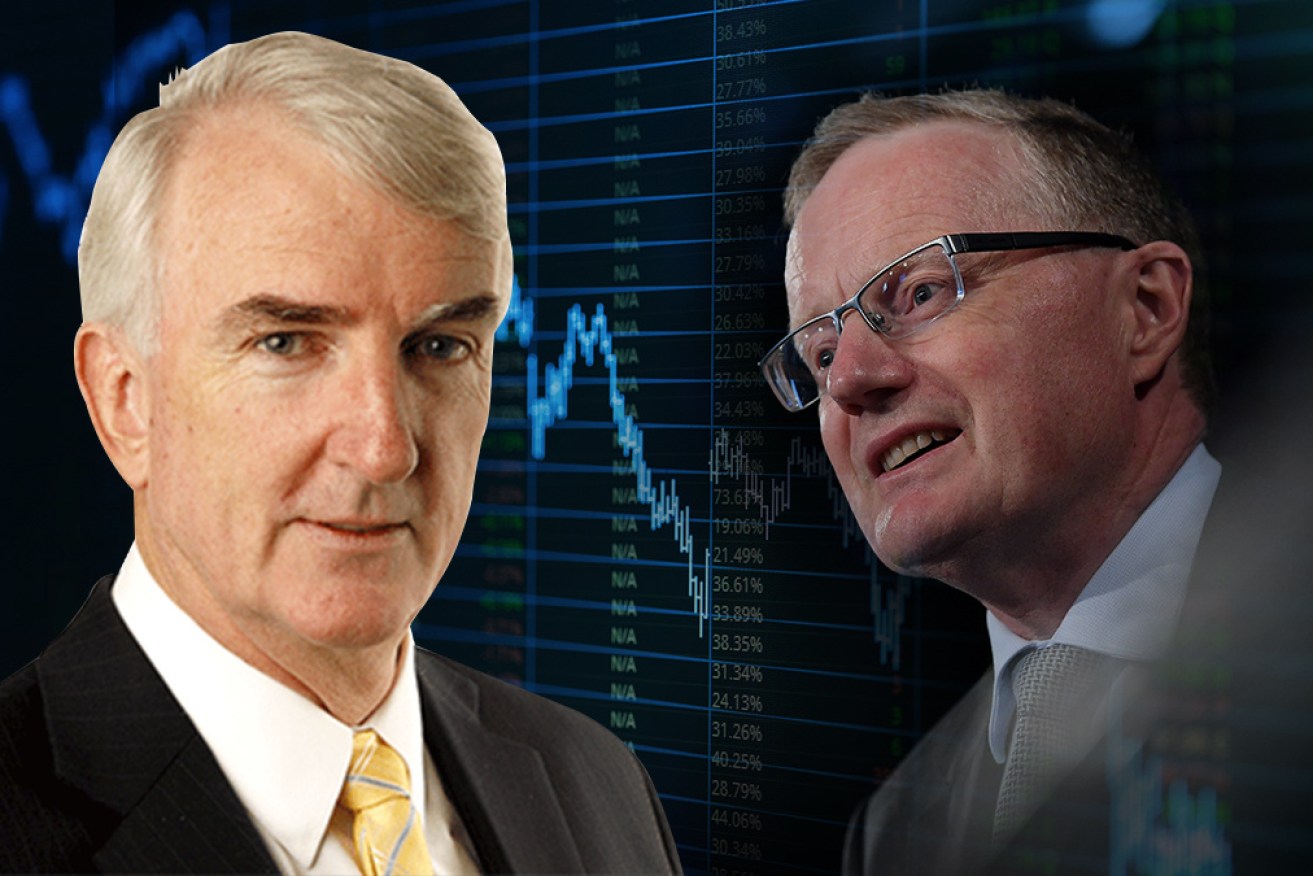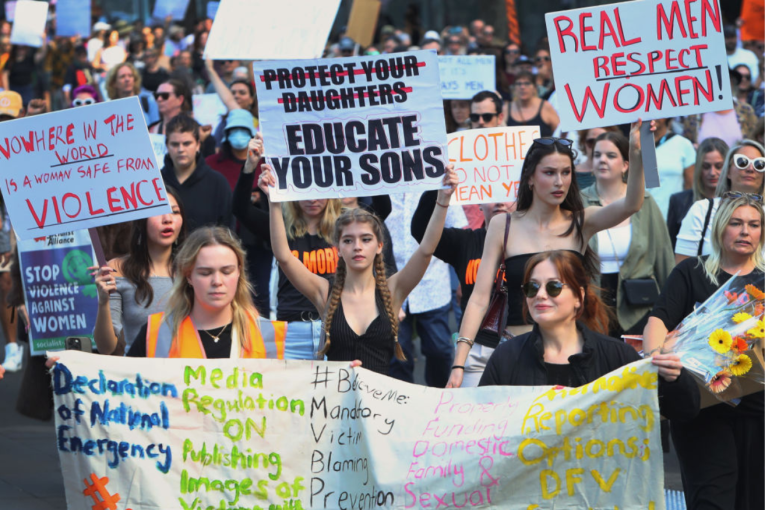RBA signals cheaper home and business loans on the way


Governor Philip Lowe said cheaper loans were on the way. Photo: TND
But wait, there’s more! Specifically, cheaper loans are coming for Australian businesses and households, according to Reserve Bank governor Philip Lowe.
Taking questions after delivering a financial update on Tuesday, Dr Lowe indicated the full impact of the RBA’s emergency funding measures was yet to be felt, specifically in the cost of loans.
“I’m confident that with institutions being able to raise funds at 25 basis points that will, in time, be passed through to lower cost of funding for their mortgage customers and their business customers,” he said.
In his speech, Dr Lowe said so far 35 institutions had drawn $3 billion of the $90 billion in the bank’s term funding facility at just 0.25 per cent – the same level as the cash rate and the RBA’s target rate for three-year government bonds.
The emergency term funding facility was pitched primarily at assisting small and medium enterprises, encouraging banks to lend to that sector and rewarding them for doing so.
But Dr Lowe predicted a broader impact in his answer to a question about the transmission of the bank’s policy through to the economy.
“I’m expecting over coming months that every single financial institution will draw funding under scheme,” he said.
“We’ve spoken to most of Australia’s financial institutions and they say they’re going to draw under the scheme.
“We saw that immediately after we made the announcement of the policy package a number of banks cut their interest rates by 100 basis points for small- and medium-sized businesses, so there was immediate transmission and partly that was on the back of our announcement.
“And the other way it’s working is giving institutions the confidence that they will have access to liquidity.
In difficult financial times, institutions might worry that they can’t get funding and therefore they don’t want to lend. We’ve taken that risk off the table for Australian financial institutions.
“They will have access to funding – I’ll make sure of that – and the cost of that funding will be low. Through the process of competition, that eventually leads to lower cost of funding and credit being available to businesses and households.”
Dr Lowe praised the role banks are playing in assisting customers.
“I’ve been incredibly impressed by the commitment of the banks to do the right thing by their customers. They understand that they’re part of Team Australia, that they have a role to play in keeping the economy running.
“So that commitment to being on Team Australia, plus the competitive dynamics that come from having guaranteed access to funding at low interest rates, will see lower funding costs and more credit available to both businesses and households, which in time will help.”
Despite outlining the worst economic hit to the Australian economy since the 1930s, Dr Lowe maintained his reputation for being a relative optimist, believing the economic growth could rebound strongly next year.
Tweet from @MichaelPascoe01
The big caveat on that though is that progress continues to be made in controlling the coronavirus, allowing a steady lifting of restrictions on business.
“We can be confident that our economy will bounce back and that we will see it recover. We need to remember that once the virus is satisfactorily contained, all those factors that have made Australia such a successful and prosperous country will still be there,” he said.
(Well, up to a point, Governor. We’ll have a smaller population, international tourism will be the last thing to return, we’ll have elevated unemployment and low wages growth for as far as the RBA dares forecast, and we’ll be carrying the burden of nearly a year of lost production in key industries – all being relatively well.)
Dr Lowe would not at this stage canvass the need for further measures to assist the economy as it all depended on how long restrictions remain in place.
He said he was encouraged by the Prime Minister’s Tuesday media conference in which it was suggested we were on the road back.
As restrictions were progressively lifted, economic activity would return towards normal.
“None of us has a crystal ball here,” he warned.
“It is possible the virus reappears and we can’t loosen up the restrictions.
“In that scenario the loss of jobs and income is even more staggering than I outlined in the central scenario, but you shouldn’t catastrophise here.
“The current signs are positive on the health front and, if they continue, they’ll turn positive on the economic front as well.”








